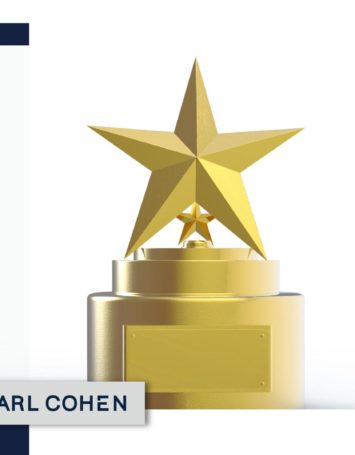Written by Caleb Gilliam-Scott
The UK Supreme Court has firmly rejected the idea that an artificial intelligence (AI) machine can be recognized as an inventor under the UK 1977 Patents Act. The decision brings about a definitive end to a series of test case appeals in the UK from Dr. Thaler, who asserted that an AI system called DABUS was the true inventor of certain inventions described in patent applications filed by Dr. Thaler. However, the UK’s highest court upheld the position of the lower courts that, according to the Act, an inventor must be a natural person.
The court emphasized that DABUS, as a machine, lacks the legal personality required to be considered an inventor. Despite DABUS autonomously generating “technical advances”, the court maintained that only a natural person can be a deviser of an invention, which is the legal definition of “Inventor” in section 7(3) of the act.
The judgment explained that the Act’s structure and language, particularly in sections 7 and 13, leave no room for interpreting an inventor as anything other than a natural person, with the court referring to the House of Lords decision in the Yeda Research case. The court rejected the argument that the term “inventor” could encompass a machine, as such an interpretation would require amending the 1977 Act.
Addressing the ownership of inventions generated by DABUS, the court concluded that Dr. Thaler failed to establish a legal basis for claiming patent rights based on his ownership of the AI machine. It affirmed that Dr. Thaler had no independent right to obtain a patent for technical advances made by DABUS.
However, the judgement does not necessarily mean that companies cannot legitimately use AI in their innovation workflows. Dr. Thaler was insistent throughout all proceedings that it was DABUS, and not he, who was the inventor, and thus the same problems are unlikely to be encountered by an applicant who identifies as inventor an employee who uses an AI machine as a mere tool.
Indeed, at paragraph 52 of the judgement, it is remarked obiter that:
“[I]t is not and has never been Dr Thaler’s case that he was the inventor and used DABUS as a highly sophisticated tool. Had he done so, the outcome of these proceedings might well have been different.”
The ownership of AI generated inventions is thus likely not an issue, provided a human inventor is identified, per the formal requirements.
This decision, although anticipated in the community, clarifies the legal status of AI-generated inventions, and reinforces the requirement for patent applicants to identify a natural person as the inventor. The evolving role of AI in intellectual property may yet result in questions that cannot adequately be answered without changes to the law.



